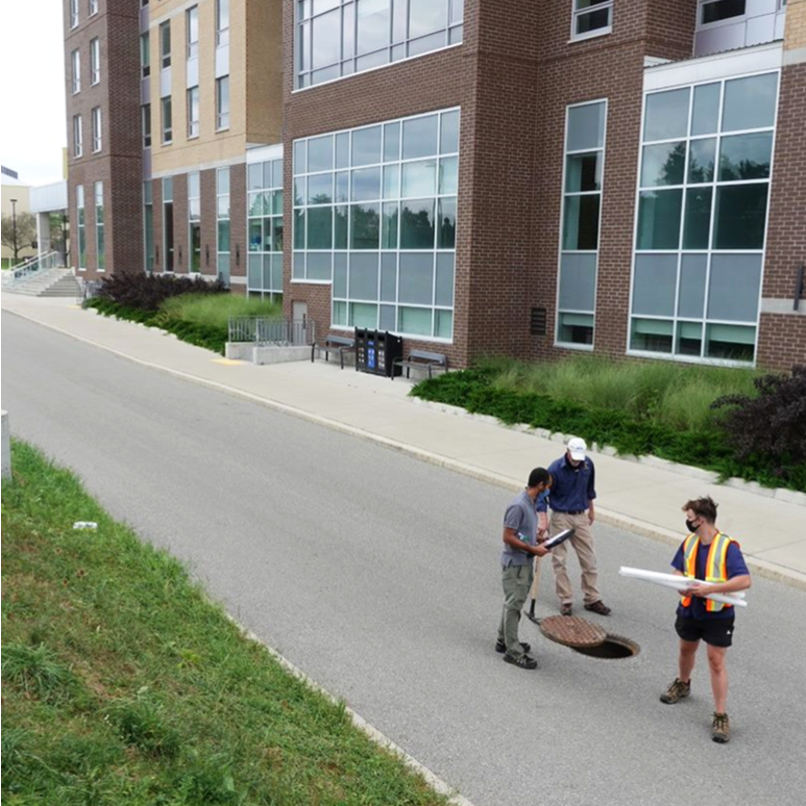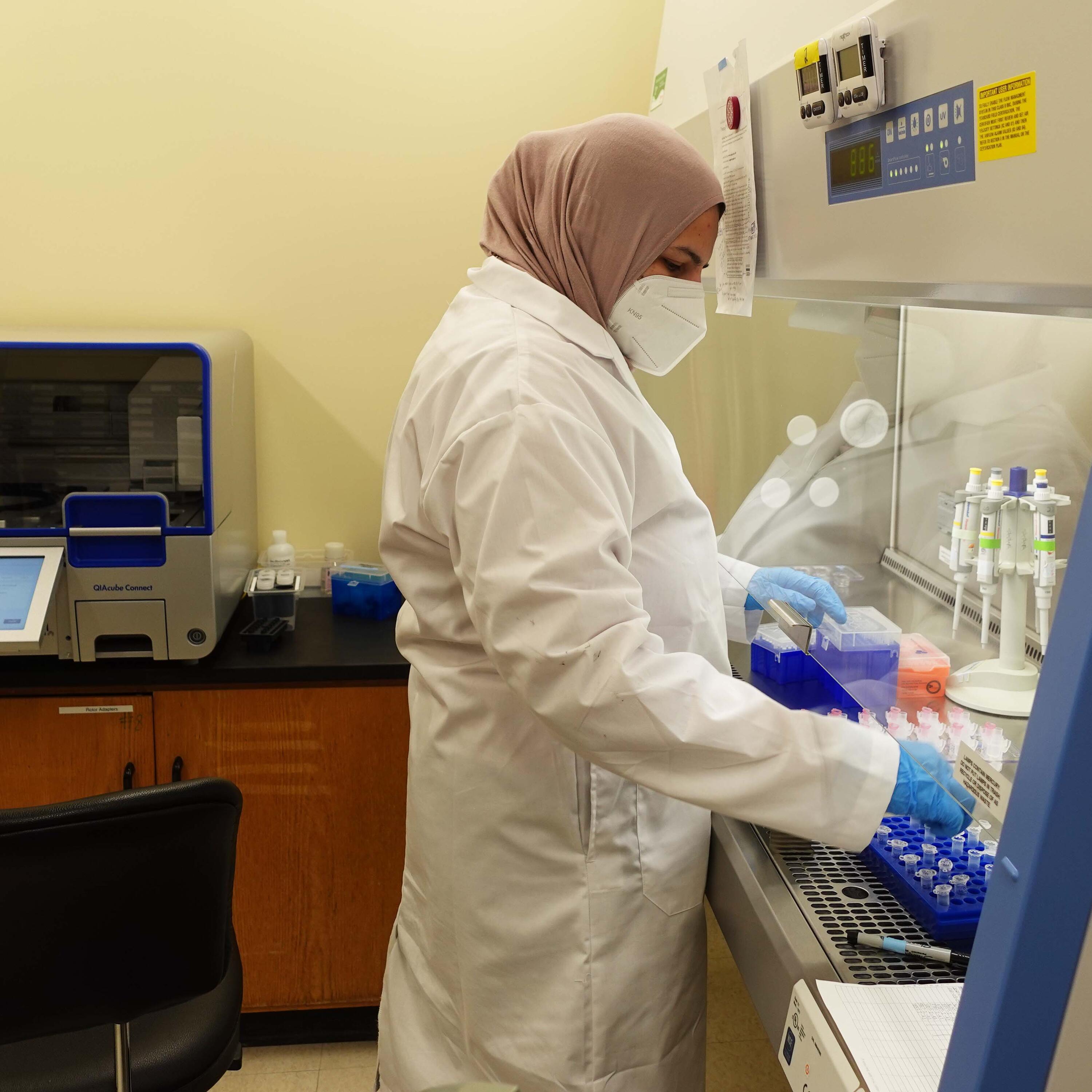Mark Servos, Water Institute member, biology professor, and Canada Research Chair in Water Quality Protection, has been leading early detection efforts of COVID-19 in municipal wastewater since the start of the pandemic.
Recently, his team’s work leading the University’s pilot residence wastewater surveillance program confirmed the presence of the COVID-19 in Ron Eydt Village and Village 1 residences.

Screenshot from the University of Waterloo's COVID-19 dashboard on September 24.
While the detection at Ron Eydt and Village 1 may seem like negative news, “It's not unexpected and in fact, it shows that the system is working and it's another layer of safety we can offer to students," said Chris Wilson-Smith is Director of Media Relations at the University of Waterloo.



"We don't know if they're asymptomatic or symptomatic. We don't know if they've been visiting for five minutes. All we know is that somebody in that area where we have collected the sample, has discharged a fragment of the virus into the wastewater. So, that's a flag for our university team," said professor Servos.
In collaboration with The Region of Waterloo, the pilot surveillance program is also collecting and testing for the presence of COVID-19 fragments three times a week at regional wastewater treatment plants as an additional layer of information to aid in the response to potential COVID-19 cases.
Read more about professor’s Servos, graduate students Blake Haskell and Hadi Dhiyebi’s efforts in the CBC News article “How COVID-19 was detected in wastewater at 2 UW residences, and why that's significant” here.
